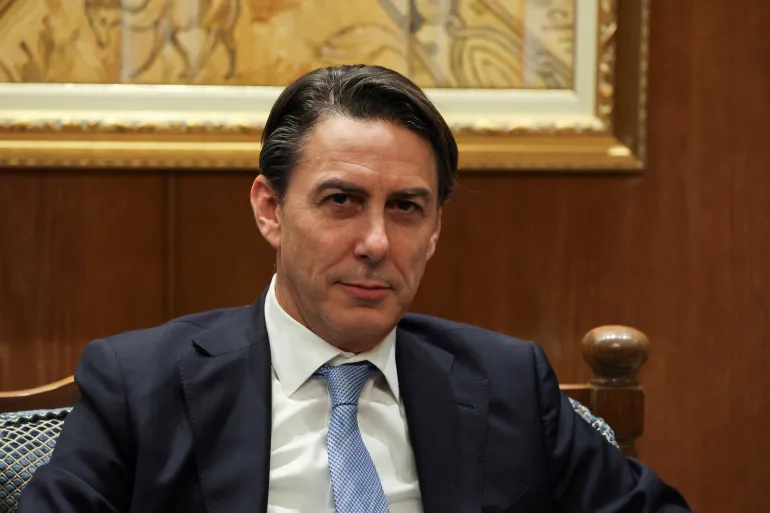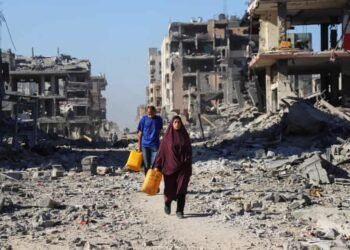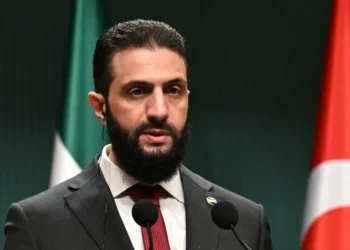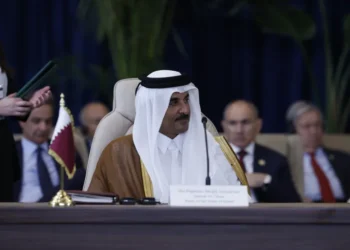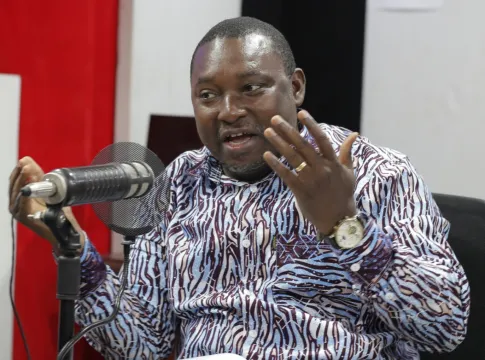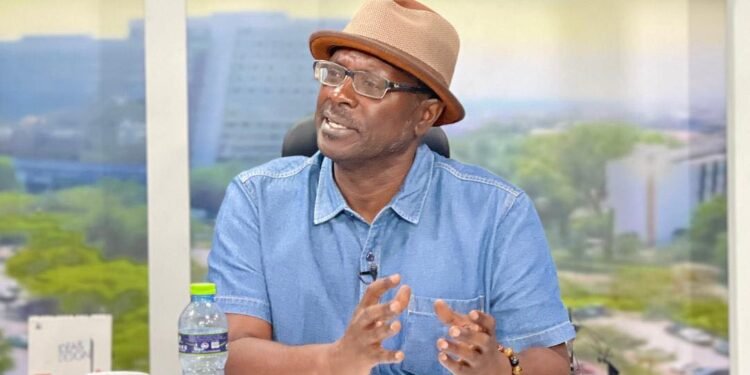US Envoy, Amos Hochstein has said there is “positive progress” towards a ceasefire in Lebanon after talks in Beirut aimed at ending 13 months of fighting between Israel and Hezbollah.
Hochstein met Lebanese officials over the past two days after Hezbollah indicated it had agreed to the text of a US ceasefire proposal, although with some comments.
He said on Tuesday, November 19, 2024 that the gaps between Hezbollah and Israel had “narrowed”, raising optimism about a deal between the two parties.
Speaking on Wednesday, November 20, 2024, after his second meeting with Parliament Speaker, Nabih Berri, who has been endorsed by Hezbollah to negotiate, Hochstein noted, “The meeting today built on the meeting yesterday, and made additional progress.”
Although diplomacy to end the Gaza war has largely stalled, the Biden administration aims to seal a ceasefire in the parallel conflict in Lebanon before President-elect Donald Trump takes office in January.
“We are going to work with the incoming administration. We’re already going to be discussing this with them. They will be fully aware of what we’re doing.”
Amos Hochstein
Central to ceasefire negotiations is the presence of Hezbollah in Lebanon’s south and its sway over the country in general, the politics of which it has dominated for the past decade.
Israel has said that it wants Hezbollah to be pushed back beyond the Litani River, 20 miles away from its border, as a form of security guarantee for people in northern Israel, tens of thousands of whom have been displaced by Hezbollah rocket fire over the past year.
It had previously also said it wanted the power to unilaterally enforce a ceasefire agreement, which would give it de facto permission to carry out airstrikes in Lebanon at will. The Lebanese Speaker of the house, Nabih Berri, said last Tuesday that “no sane person” would agree to such a condition.
Meanwhile, Israeli Foreign Minister, Gideon Saar, addressing ambassadors in Israel, said in any agreement, “We will have to maintain our freedom to act if there will be violations.”
“First of all, we will have to enforce that they (Hezbollah) will not return to near our border south of the Litani river, this is crucial.
“Secondly, we will have to enforce that they will not be able to build again their force in Lebanon, they will not be able to bring again ammunitions, missiles to manufacture it or to bring it from Iran through Syria, by sea, and through the airport (in Beirut) in any way.”
Gideon Saar
Lebanon has rejected Israel having the freedom to act on its territory. Berri has said language about Israeli freedom to act was not included in the draft U.S. proposal submitted to him last week.
Ceasefire Now Dependent On Israel
In a speech shortly after the conclusion of Hochstein’s visit, Hezbollah leader, Sheikh Naim Qassem said that the group had given its own feedback on the truce draft and that it was shared with Hochstein.
He noted that whether a ceasefire was reached now depended on Israel and whether Prime Minister Benjamin Netanyahu was serious about one. He added that Hezbollah stood ready to keep on fighting for a long time.
Also, Qassem stated that the group was working on “two tracks, the field and the negotiations”, and would not stop fighting until a ceasefire was signed.
He said his group would not accept any truce that allowed Israel to enter Lebanon “whenever it wants.” “Israel must not be allowed to breach Lebanon’s sovereignty, enter its territory, and kill as it pleases,” he iterated.
READ ALSO: Austin Confirms Biden’s Decision To Provide Ukraine With Land Mines



